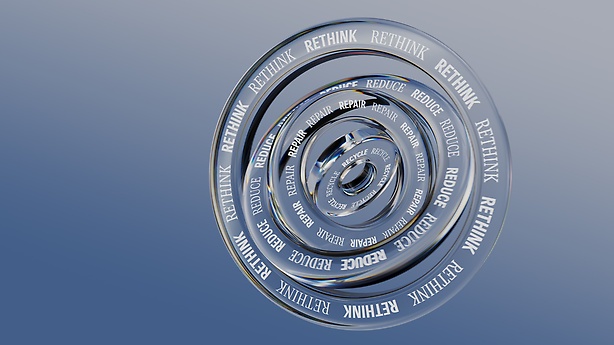The aim of the project is to pave the way for a resilient and sustainable supply of raw materials for the automotive industry. It shows how strategic partnerships can close industrial cycles and allow valuable materials to be reused efficiently. This is key to implementing Mercedes-Benz’s Ambition 2039, which aims to achieve a net carbon-neutral new vehicle fleet along the entire value chain and over the vehicles’ entire life cycle. Mercedes-Benz seeks to decouple resource consumption from volume growth and increase the use of secondary raw materials in vehicles to 40% within the next decade. It is important to avoid what is known as downcycling, as this leads to losses in material quality.
A reliable supply of raw materials and access to more sustainable materials are becoming increasingly important for the automotive industry. Together with its partners, Mercedes-Benz is making an important contribution. Through its direct cooperation with TSR, Mercedes-Benz is actively promoting the expansion of the circular economy and setting new standards for the resource-efficient design of the automotive value chain. The pilot project is providing important insights for the scaling and integration of post-consumer materials in future model series.
,xPosition=0,yPosition=0.5)

,xPosition=0.8,yPosition=0)